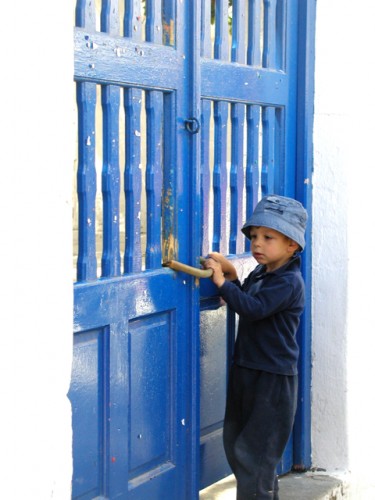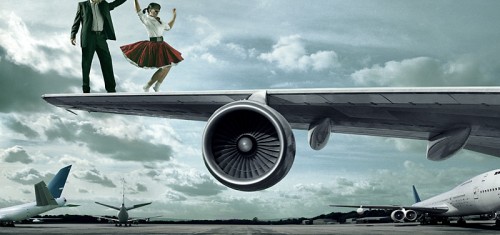So many of us live our lives in a state of reaction to Life.
Many of us tend to believe that life is happening to us and that our best chance at attaining happiness is to take our lumps as best we can and hope for the best. Maybe we’ll win the lottery and all will be well.
I believe that all of us, you and I, have an opportunity in this life to not only be free, but to be in a state of peace and joy as well. However, in order to get to that place of peace, we require liberation. Liberation not necessarily from the physical chains that bind us or prisons we occupy; liberation from the thoughts and ideas that keep us trapped in disappointment, resentment and sadness.

Victor Frankl was an Austrian Jewish psychiatrist who spent much of the Holocaust in a concentration camp. Upon his physical liberation from that veritable Hell, he wrote about the process that kept him alive all those years in captivity. More than anything, Frankl suggested, the realization that even locked away in a concentration camp was he free provided the greatest awareness that fed a deep sense of empowerment. He became clear that no matter what anyone does to us, no matter our external circumstances, we always have the ability to choose our attitude.
(T)here is also purpose in that life which is almost barren of both creation and enjoyment and which admits of but one possibility of high moral behavior: namely, in man’s attitude to his existence, and existence restricted by external forces…. Without suffering and death human life cannot be complete. (1963, Man’s Search For Meaning, p. 106)
This sense of choice when it comes to our state of mind, our affect, and our response to the world is, at its core, our Liberation. The manner in which we answer the beauties and the challenges of life is what sets us free to joyfully dance to the pulse of creation in each heartbeat.
At its core, it is this choice which liberates us to Life.
What liberates you to your life? What thought, opinion, or decision frees you to make love to life as the sky makes love to the earth?



 We don’t have receive any information about Zuckerberg’s family history in the film. In fact, we hear about his best friends’ father a lot, meet the twins’ father and perceive his influence throughout, yet there is no connection for Mark with his father. Zuckerberg’s dad is clearly absent in mention but dramatically present as a ghost role. This was, for me, one of the most unsettling factors in the film. We are to believe that the man behind the curtain doesn’t have parents and that he is as alone in the world as he seems; or as he forcefully creates himself to be, squeezing even the people who like him out of his tiny bubble.
We don’t have receive any information about Zuckerberg’s family history in the film. In fact, we hear about his best friends’ father a lot, meet the twins’ father and perceive his influence throughout, yet there is no connection for Mark with his father. Zuckerberg’s dad is clearly absent in mention but dramatically present as a ghost role. This was, for me, one of the most unsettling factors in the film. We are to believe that the man behind the curtain doesn’t have parents and that he is as alone in the world as he seems; or as he forcefully creates himself to be, squeezing even the people who like him out of his tiny bubble.


 Jeffrey Sumber is changing the world, one relationship at a time. For over two decades, Jeffrey has worked to understand the human experience from as many angles as possible. As a successful psychotherapist, marriage counselor, and life coach, Jeffrey has worked with thousands of clients who strive to live their best lives.
Jeffrey Sumber is changing the world, one relationship at a time. For over two decades, Jeffrey has worked to understand the human experience from as many angles as possible. As a successful psychotherapist, marriage counselor, and life coach, Jeffrey has worked with thousands of clients who strive to live their best lives.